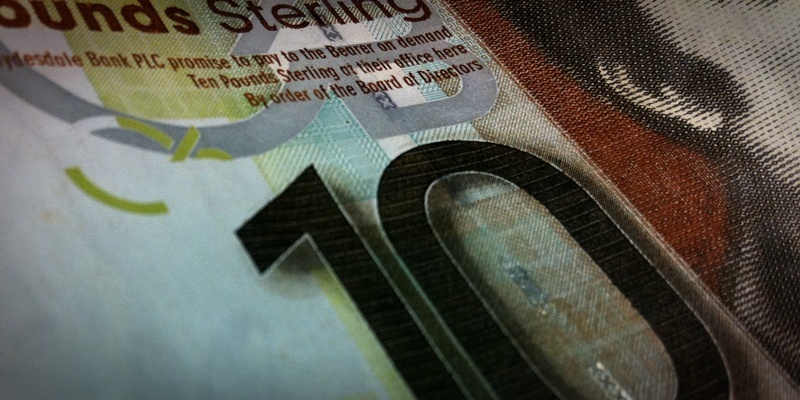Regional pay deals for public sector workers could create ghettos across Britain, a leading Dundee trade unionist has warned.
Last year Chancellor George Osborne asked pay review bodies to investigate regional pay schemes, which would end unions agreeing national pay deals for workers such as teachers, nurses and social workers.
It has been argued that in some areas of the UK public bodies pay more in wages than private sector firms can afford, thereby limiting economic development.
According to the Institute of Fiscal Studies, public sector workers in south Wales can earn 20% more than their private sector counterparts.
Rory Malone, Tayside regional officer for the trade union Unison, said regional pay would lead to a brain drain, where the best workers moved to areas that can pay higher salaries.
He said: ”The higher skilled person will go to where there is more money, leaving the lower skilled person behind.”
Mr Malone said this could lead to richer areas attracting the best staff for their schools and hospitals.
He said: ”A more affluent area will attract more skills and this may create ghettos where there are less skill. It will affect every profession.”
Mr Malone said the union will study any UK Government proposals closely before deciding how best to oppose any moves towards the introduction of local pay deals.
Paul Kenny, general secretary of the GMB union, said: ”Cutting workers’ pay will not create a single job in any region and will lead to further falls in demands for goods and services in regions facing the pay cuts implied in this proposal.
”Squeezing wages, pay freezes and cutting jobs will not restart the economy.”
Speaking in a Commons debate on the issue on Tuesday, Plaid Cymru MP Jonathan Edwards warned varying pay scales would leave areas with depressed economies even worse off.
A report on the issue will be published in July.
Treasury Minister Chloe Smith said any introduction of regional pay deals would be ”not about saving money but it is about supporting economic growth”.
